The White Lotus, or “privileged white assholes in paradise,” is a brand new limited series on HBO that was created, written and directed by Mike White (Freaks and Geeks, School of Rock). The series, an Upstairs, Downstairs look at the individuals who inhabit a luxurious Hawaiian resort, is a viciously well-observed social satire that forces us to confront and reconsider all of our inconsequential first world problems. It is magnificently written, wonderfully acted, and deeply uncomfortable to watch. It is one of the best shows of this year.
We managed to spend some time with Murray Bartlett (Armond), Jake Lacy (Shane), Alexandra Daddario (Rachel), and Fred Hechinger (Quinn), and spoke to them about everything from how they related to their characters, to their conceptions of paradise, and what it means to escape.

Umapagan Ampikaipakan: Fred, the series takes on the idea of escape and paradise. Everyone in The White Lotus seems to be running from something or running to something. And I wanted your thoughts on this notion of escape being a function of privilege, because obviously not everyone gets the chance to escape.
Fred Hechinger: I think that’s right on the money. And a fascinating, and very succinct way to think about the history of Hawaii. There’s a really important question there about about Hawaiian independence and that land belonging to Hawaiians and not Americans. And I think what you touched on is exactly right in the sense that for the U.S, they’ve made into a major place of escape.
UA: And for the rest of us as well. Right?
FH: Absolutely. All over the world, they see it as a vacation town. But what does that mean for the people who actually live there, who know a deep amount about it, and have a rich history with the land? How are they walked on and and taken advantage of when it just becomes this place that’s purely about escape rather than long term cultivation, and self-sufficiency, and economic self-sufficiency. It’s really cool that that’s what came to you watching the show.
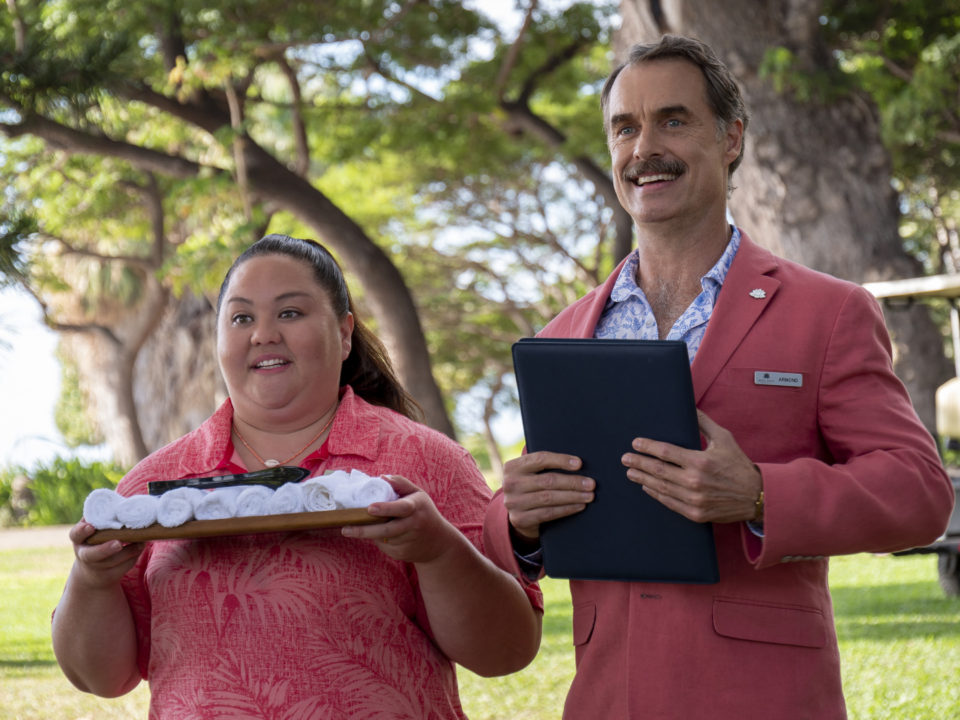
Umapagan Ampikaipakan: Murray, there is a great line at the beginning of Alexander Payne’s The Descendants, in which George Clooney’s Nat King, essentially says, “fuck paradise.” Would you say that is the overarching theme of The White Lotus?
Murray Bartlett: I would say that the more apt phrase might be “what the fuck is paradise?” Because this ain’t it. I think we should probably reexamine what we think paradise is because that kind of sets up the way those people treat each other. I mean, that’s the kind of tragedy of it. It’s meant to be paradise and yet these people are treating each other like crap. They’re stomping over other people who they feel are below them. And then there’s how that plays into the bigger picture of what that looks like in Hawaii and it’s colonial history. And there’s the resort world, and the role the Hawaiian people play in that, and what their land might have been before, or how the land was taken. All that stuff.
So it’s interesting. Accurate that it should be set in Hawaii, a place that many people think of as paradise, but when you scratch the surface, there’s a lot of dynamics there, and a lot of really ugly, troubling dynamics that are universal. That exist in every country and every place. And that we should take a good, long, hard look at, and really try to be better.
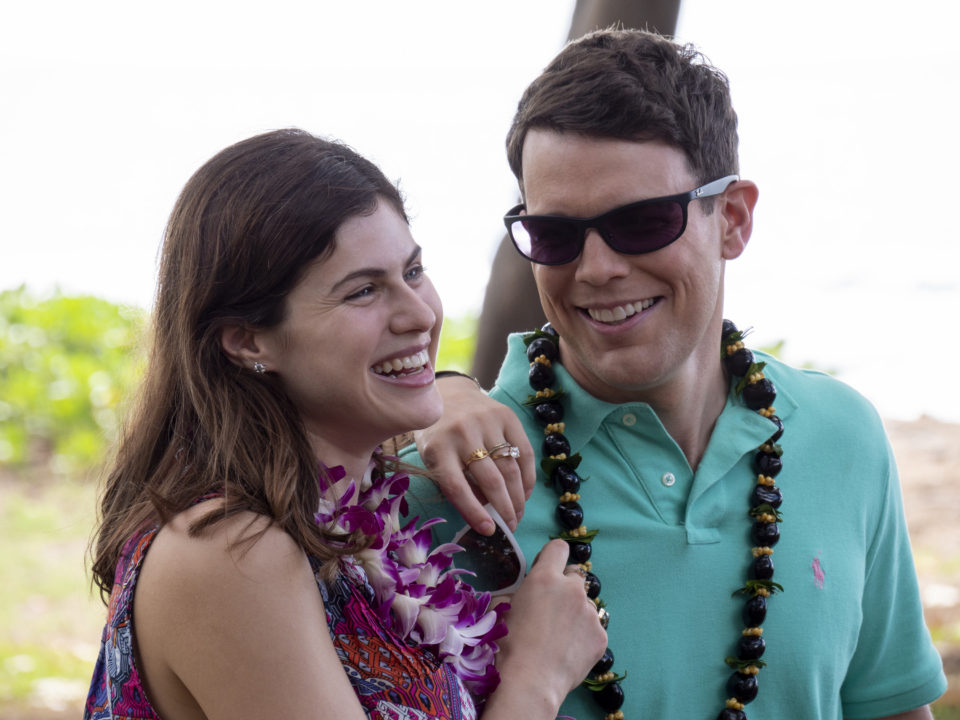
Umapagan Ampikaipakan: As to your characters, I don’t think I’ve ever met a more miserable couple on honeymoon. So much so that there is this constant sense of foreboding and I was just waiting for the other shoe to drop. The challenge, I supposes, is always in creating characters that are sympathetic assholes because you want the audience to kind of relate to them. And you guys pull that off. How do you go about striking that balance?
Alexandra Daddario:Sympathetic assholes is a great way to put it. You always want to sort of like the bad guy. You want to understand their plight. I think that the main approach for me is to really understand what this character is going through and really believe in it. So in her world, the problems she’s having are real problems, and they’re very much upsetting her. And she doesn’t mean anything by her complaints, which may or may not be well-founded, although she obviously is unhappy in the marriage and has good reason to be.
But I think that it’s just about really believing in what what the character is going through and coming at it from that perspective, because she deserves compassion for the things that are making her hurt and confused. So that’s sort of how I approached it.
Jake Lacy: I really just focused on how Shane felt like he was being done wrong and had no ability to see his part in it. He’s consistently feeling like a victim of circumstance. He wants to be having a good time, he believes that’s his right, but that everybody is out to get him. “This is insane.” “You see what I have to put up with?” That’s the kind of attitude coming from a person who has everything you could hope for. They’ve got it all and yet can’t help but be put out by the belief that everyone’s against them.
To me, that’s what, as Alex has said, lets me side with the character and be like, this guy’s being done wrong here, and then also not negate the circumstances, or the fact that he’s a white man at a resort and everyone is like catering to his wounds.

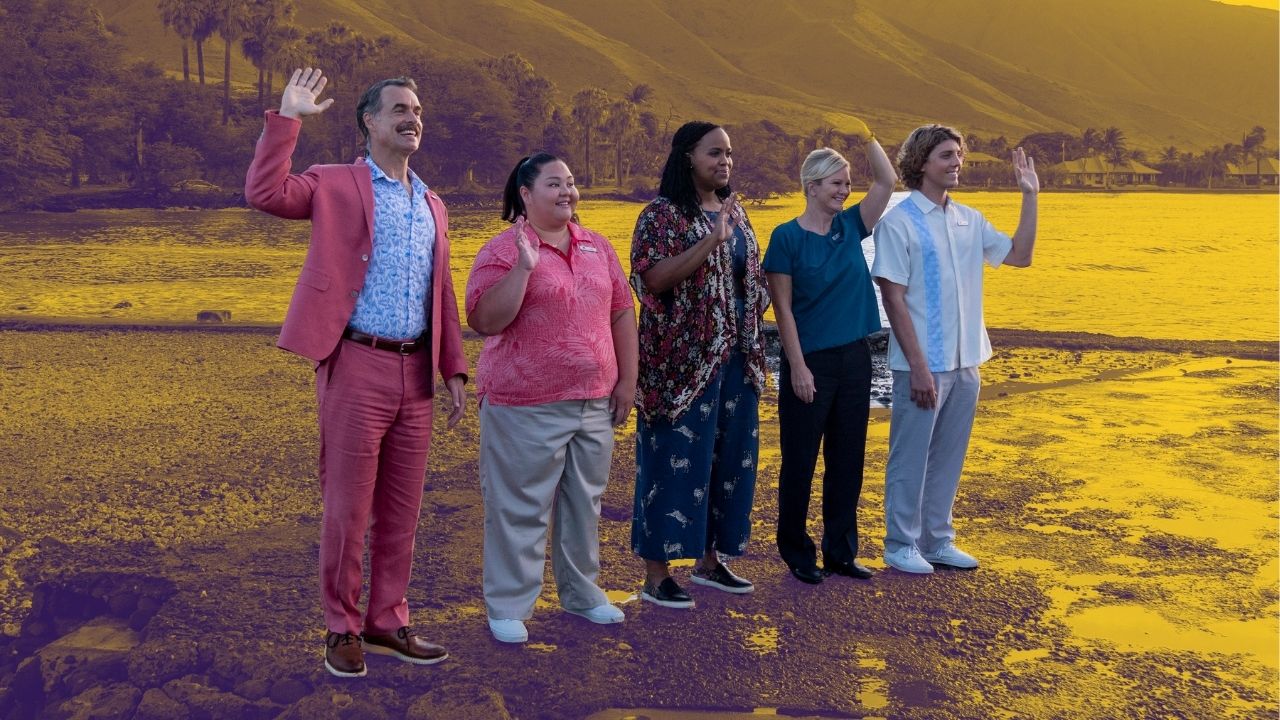

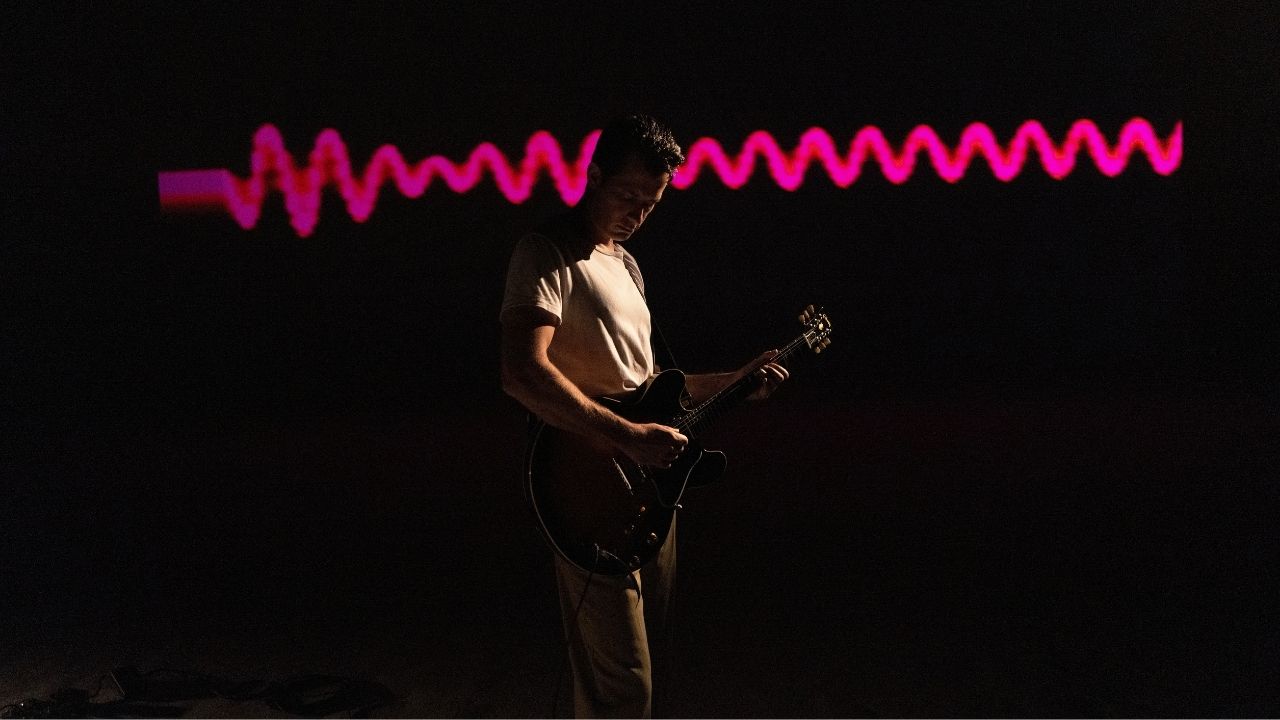

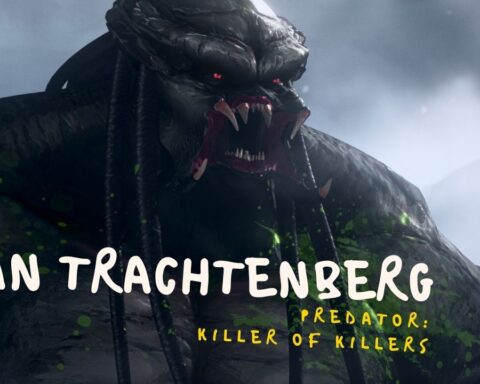

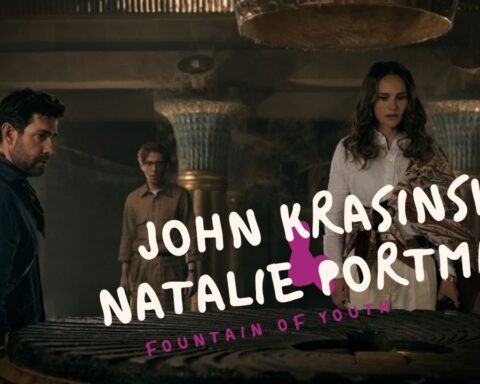
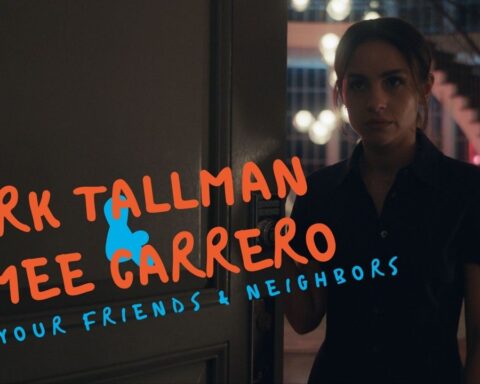
Follow Us